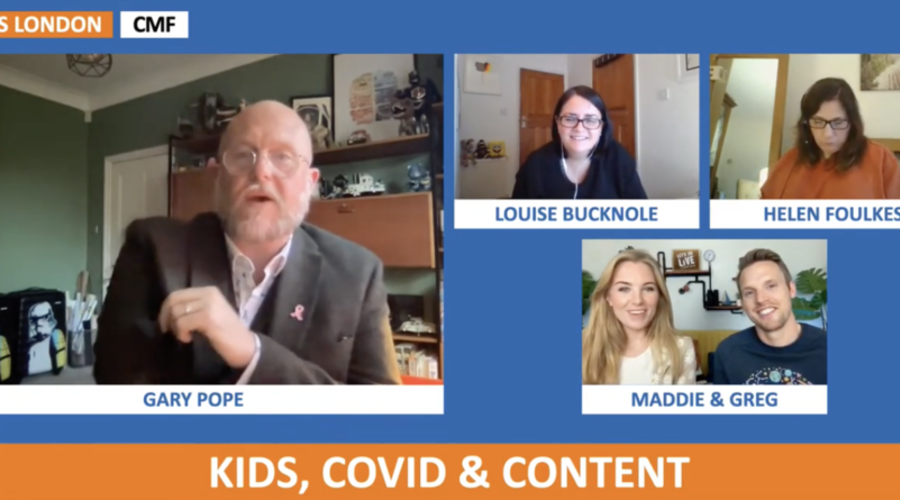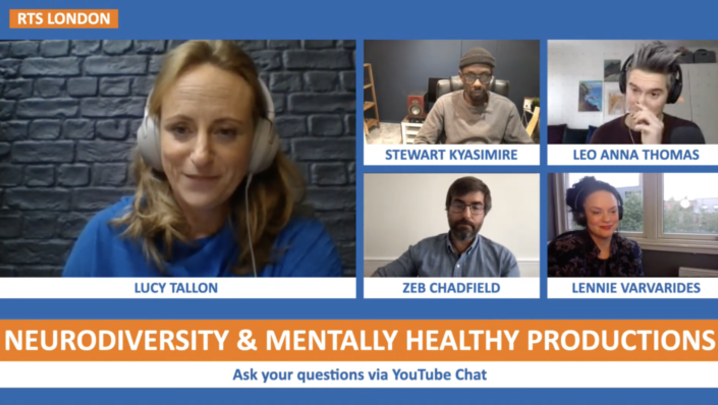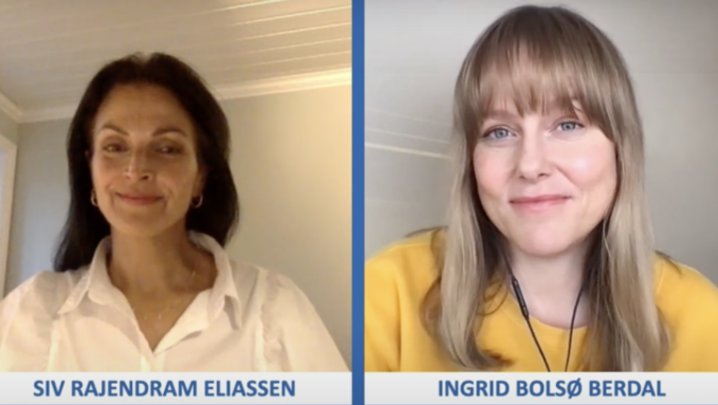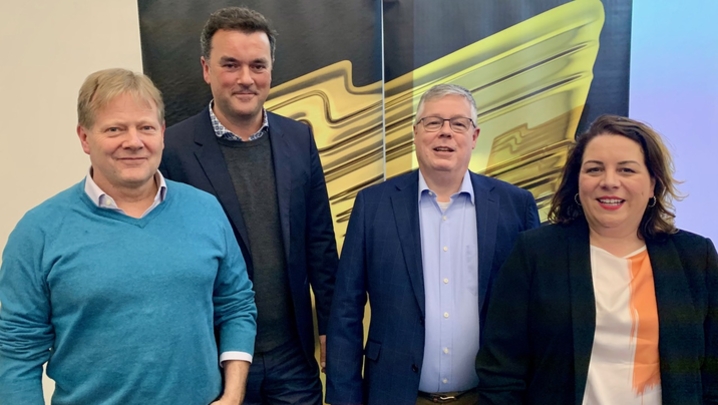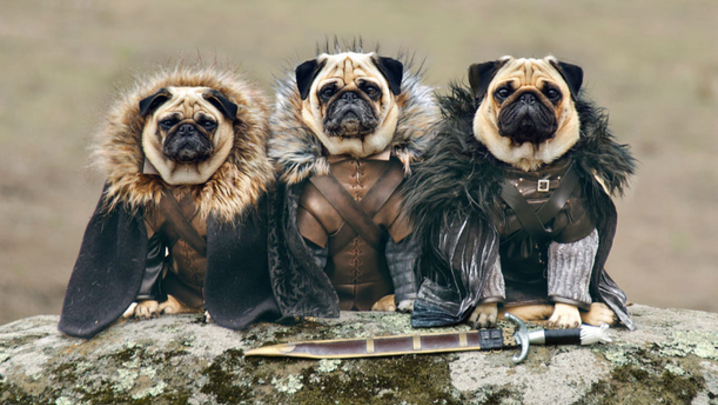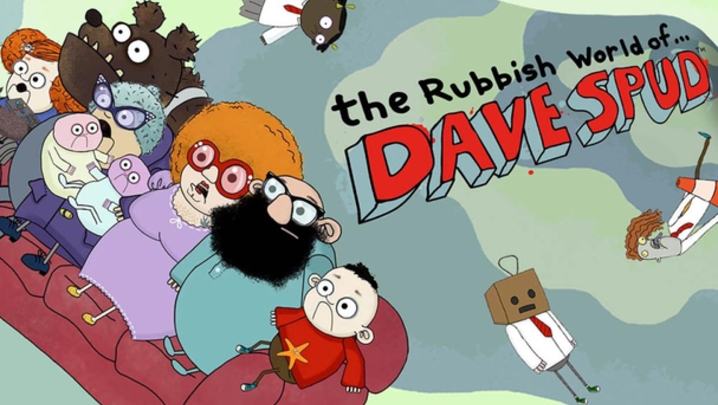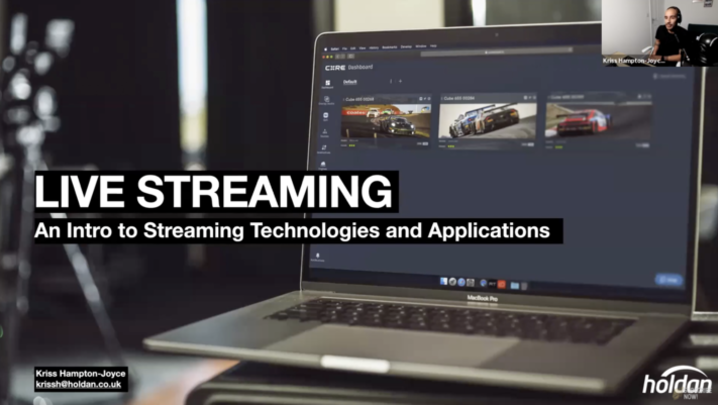Steve Clarke hears how the TV industry has looked after its younger viewers during the Covid-19 pandemic.
The resilience and ingenuity of broadcasters and producers as they adapted their children’s content to lockdown was emphasised at a joint RTS London and Children’s Media Foundation (CMF) event, “Kids, Covid and content”, in October.
Louise Bucknole, VP of programming for kids at ViacomCBS Networks International UK & Ireland, recalled how Covid-19 had forced producers to make Channel 5’s pre-school service Milkshake! virtually.
Presenters were given a crash course in how to do their jobs from home, while programmes were adjusted to take account of the new circumstances of kids staying at home. “The feedback we got from audiences showed they felt we were with them all the way,” she said.
Many of Milkshake!’s shows are animations and there were challenges recording voice-overs. Live-action shows were delayed by up to 18 months.
Not all production stopped: Go Green with the Grimwades continued filming because the family it is based on were all able to form their own bubble at home.
For many parents coping with repeated lockdowns, the BBC’s Bitesize Daily home-education initiative provided a vital lifeline.
Helen Foulkes, head of education and Newsround at the BBC, said that more than 2,000 online lessons had been provided, plus almost 300 episodes of educational TV across iPlayer, CBBC and BBC Two since the pandemic struck.
She recalled how the BBC had only five weeks to get everything up and running, including liaising with teachers. “There’s nothing that we use without having teacher consultants on it,” said Foulkes.
Foulkes added: “That mash-up of educationalists, digital content-makers and children’s programme-makers helped us to develop a strong concept that was both entertaining and educational.”
Working at speed and in partnership with organisations such as London’s Science Museum and commercial lesson providers, opened the BBC’s eyes to the value of such collaborations. “The BBC has always championed education, but the pandemic demonstrated the real value of BBC Education to our audience,” said Foulkes.
“When the world stopped spinning last March, we had to think very quickly,” stressed Lucy Murphy, director of kids content at Sky UK & Ireland. She recalled how broadcasters had to adapt to the fact that kids were no longer at school and their normal routines had been disrupted.
“Children were feeling pretty scared,” she recalled. “Nothing like this had ever happened before. Their families could no longer answer all their children’s questions.”
At Sky, this was addressed by commissioning Fresh Start Media to create a weekly news show that explained the pandemic to youngsters.
The show was turned round in 10 days. “The kids’ industry is used to being very nimble.... Throw a problem at a kids’ producer and they will find a solution,” said Murphy.
YouTubers and kids’ presenters Greg Foot and Maddie Moate recalled how they launched Let’s Go Live, a daily science show, at the beginning of the first lockdown. “On the first weekend of lockdown, we decided to turn our spare room into a multi-camera, live broadcasting studio,” said Foot. “It was a lot of fun.”
“We recognised the need for home-schooling material,” added Moate. “Early on, we worked out that we needed to be daily, Monday to Friday, and be reliable for families.... We wanted the audience to be involved.”
Their live science lessons – full of in-jokes – were aimed at everyone from five to 15, with an emphasis on interactive learning. Part of the show was built on user- generated content, as viewers sent in videos and photos.
“In a way, it was a throw- back to Saturday morning kids’ telly, but with education at the heart of it,” said Foot.
‘Kids, Covid and content’ was produced by Nikki Stearman and Greg Childs, CMF, and Carol Owens, RTS. The chair was Kids Industries CEO Gary Pope.

